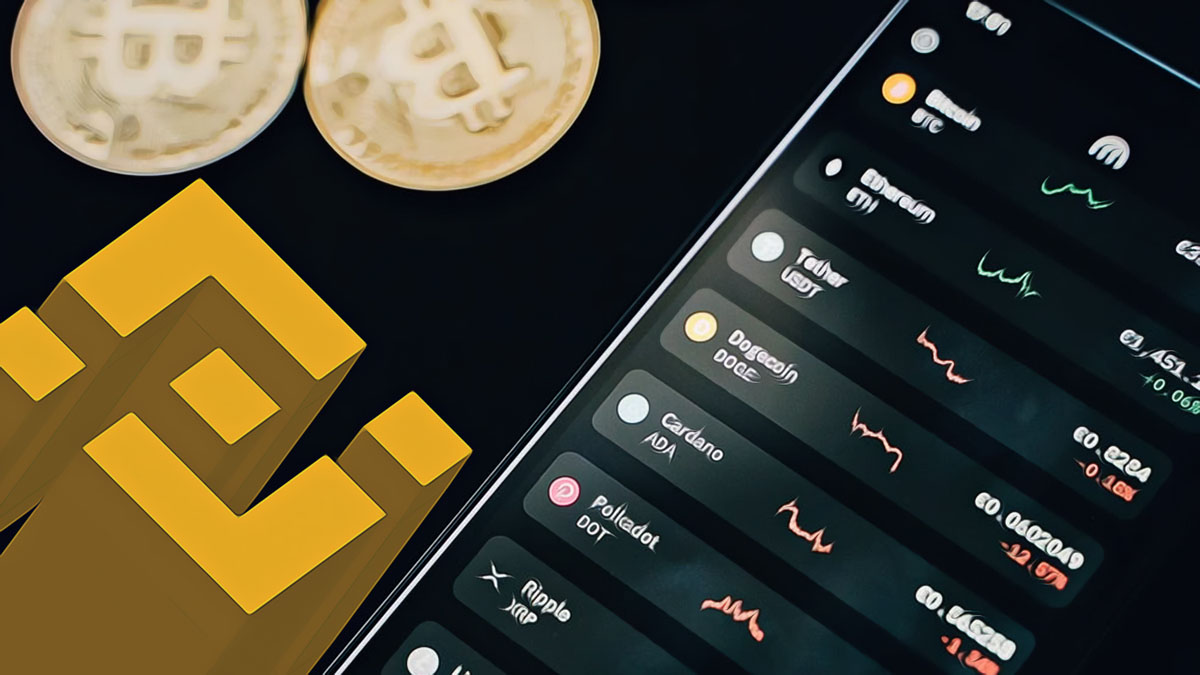Cryptocurrency exchange Binance and its former CEO Changpeng Zhao have responded to the US Securities and Exchange Commission’s (SEC) attempt to use findings from an agreement with the Department of Justice (DOJ) in their ongoing legal case. Binance and Zhao’s lawyers argue that the SEC’s actions are improper and unacceptable.
The SEC aimed to use the findings from a $4.3 billion agreement between Binance and the DOJ as evidence against Binance and Zhao in court. SEC officials believe that these findings will strengthen their case. However, Binance and Zhao’s legal team argue that the agreement with the DOJ is irrelevant to the SEC’s evidence-based claims.
The Binance-SEC case dates back to June 5, 2023, with the US federal regulator alleging that the company violated securities laws in 13 different respects. One of the SEC’s allegations is that Zhao and Binance used customer assets from their US subsidiary, Binance US, for their own benefit and mixed customer funds with corporate funds.
Binance and Zhao’s lawyers stated in documents submitted to the court on December 12 that the SEC’s request for additional authority does not support the allegations in the case that was opened in June. The lawyers argued that the SEC’s request is not a way to present new evidence and that efforts to benefit from other agencies’ decisions show that the SEC is not in communication with relevant regulatory bodies.
On the other hand, the cryptocurrency exchange’s lawyers have stated that the request for additional authority is not an alternative way to change the complaint and that the SEC’s efforts to benefit from other agencies’ decisions indicate that the SEC is not in communication with relevant regulatory bodies.












